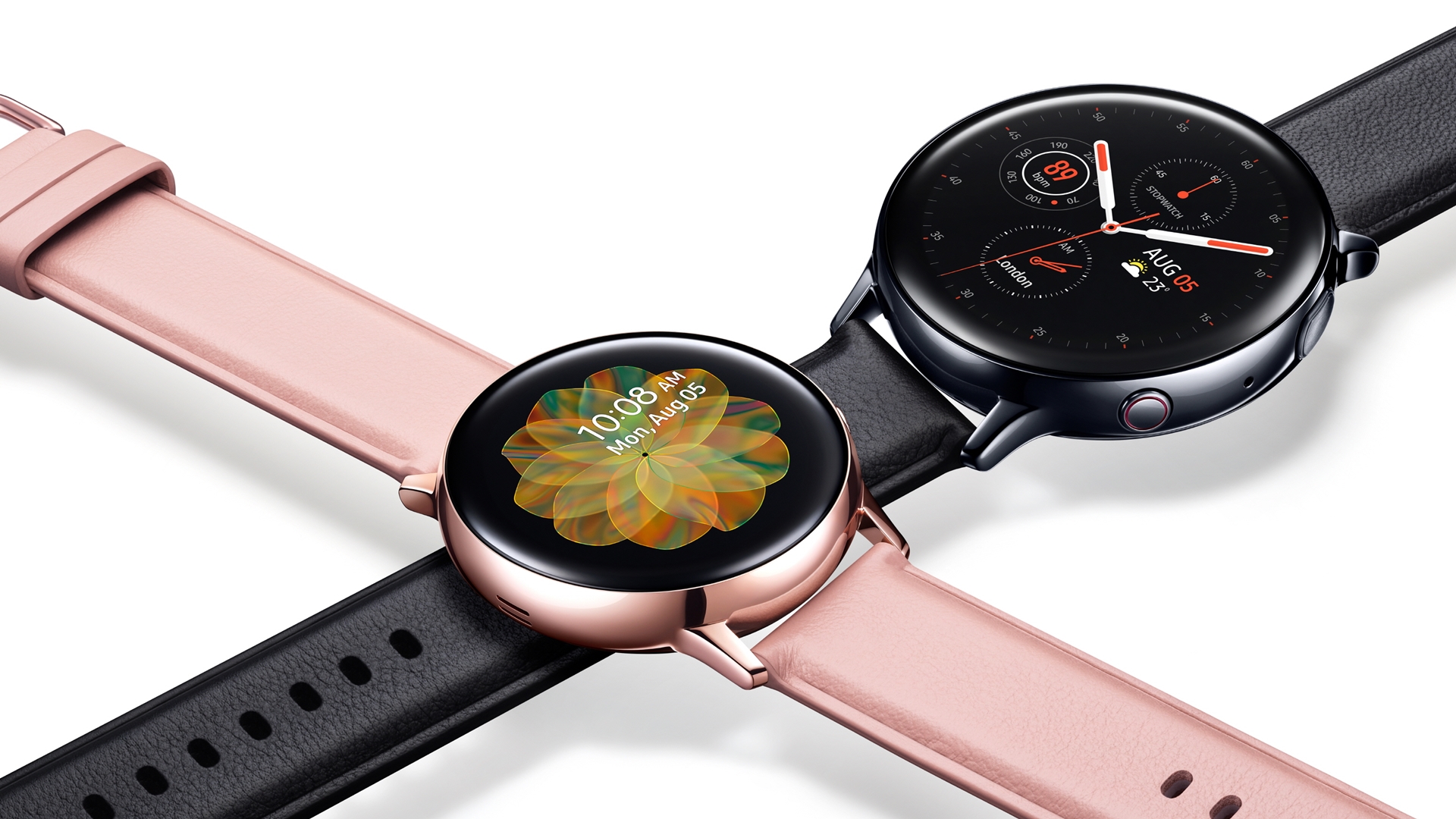As South Africans continue to wait their turn to receive a COVID-19 vaccine, a trio of organisations have created a screening app that reads biometrics to determine whether you may potentially have COVID-19.
To be clear, this screening app is not diagnostic and should not be used as an official diagnosis for COVID-19. This application simply lets you know if you are at risk of pre-infection.
The application was developed by LifeQ, 1Life and Samsung South Africa and uses the Samsung Galaxy Watch Active 2’s sensors to monitor a wearer’s physical conditions.
Can a wearable do that though?
Well yes and no. This article in Nature Electronics highlights that wearables have the potential to be able to detect diseases given the data they collect from sensors, provided these sensors and the capabilities of wearables are improved upon.
“With continued innovation and development, the next generation of wearable sensors — and their ability to continuously monitor both physical parameters and biochemical markers — could play a key role in fighting the next pandemic,” write the authors.
The key here is that today’s wearables just aren’t capable of monitoring what we need them to monitor.
Writing about the tech we have today and the tests being conducted the authors of the article state, “They are unable to differentiate COVID-19 from other viral infections, and they are predisposed to sample bias as older people and low-income populations would not typically own or have access to wearable devices. The detection methods also require large datasets to train the algorithms used, and thus for every new pathogen that yields different physiological and activity signatures, the (lengthy) studies would need to be repeated, delaying deployment. Furthermore, the lack of additional physiological information (the works depended only on heart rate) reduces diagnostic performance.”
The LifeQ Covid-19 app paired with the Samsung Galaxy Watch Active 2 monitors, “heartrates, skin temperature and other physiological indicators,” according to Samsung’s director of integrated mobility, Justin Hume.
The data that is collected is then fed into LifeQ’s software and we’re told it can help spot COVID-19 infections “days before an individual shows symptoms”.
This information is relayed to the user by way of three different status signals:
- A green status signals that you are doing well, there appear to be no issues and you can continue with your day to day normally.
- A yellow status signals that that you should be exercising caution, adjusting your behaviour, and monitoring yourself for symptoms within the next 1-2 days.
- A red status signals that you are unwell since you have either reported symptoms or a positive Covid-19 test within the app.
As great as this sounds, this solution does seem to be very exclusive.
The LifeQ Covid-19 screening app only available to 1Life Pulse customers and you are clearly going to need a Samsung Galaxy Watch Active 2 which retails for a cool R4 795 though you do seem to get one of these wearables when you become a customer.
While it’s nice to see a solution like this, given how critical early detection is as regards COVID-19 we’d loved to have seen this application opened up a bit more, perhaps adding a few more, different wearables would’ve been a good idea though we recognise that 1Life Pulse has built it’s entire wearable ecosystem around one brand.
As the authors of the Nature Electronics paper do point out though, developing an algorithm that can screen for a disease is hard work and covering how different sensors capture data is surely a headache.
If you do happen to be a 1Life Pulse customer with a Samsung Galaxy Watch Active 2, then we perhaps the LifeQ Covid-19 screening app is worth the peace of mind it fosters. It can’t hurt to know when your body isn’t operating at 100 percent either.
We hope to see more solutions like this albeit with a bit more reach than one set of customers using one brand of wearable.

